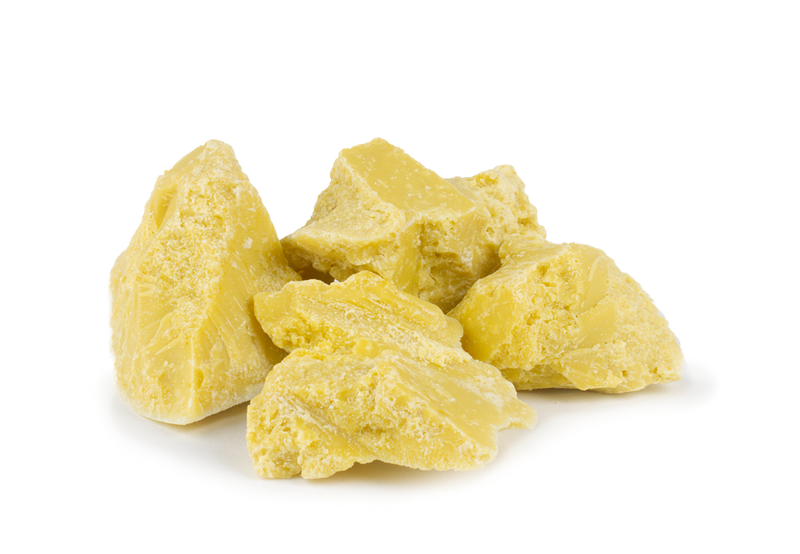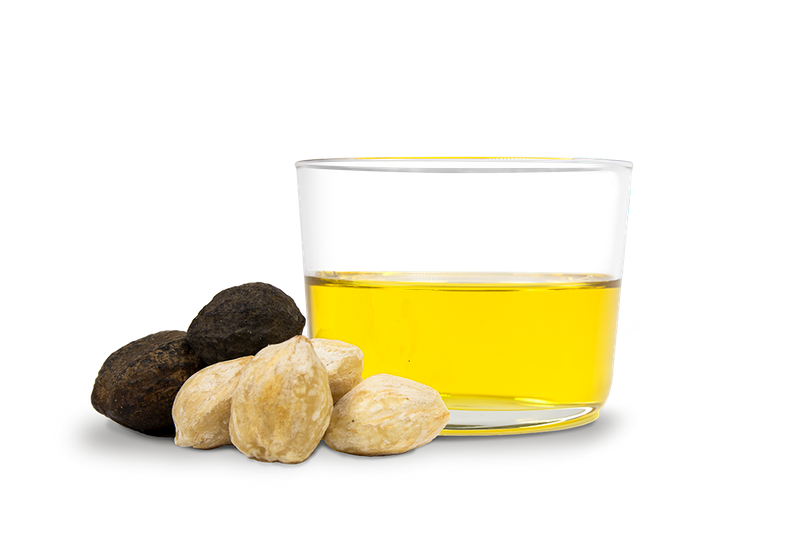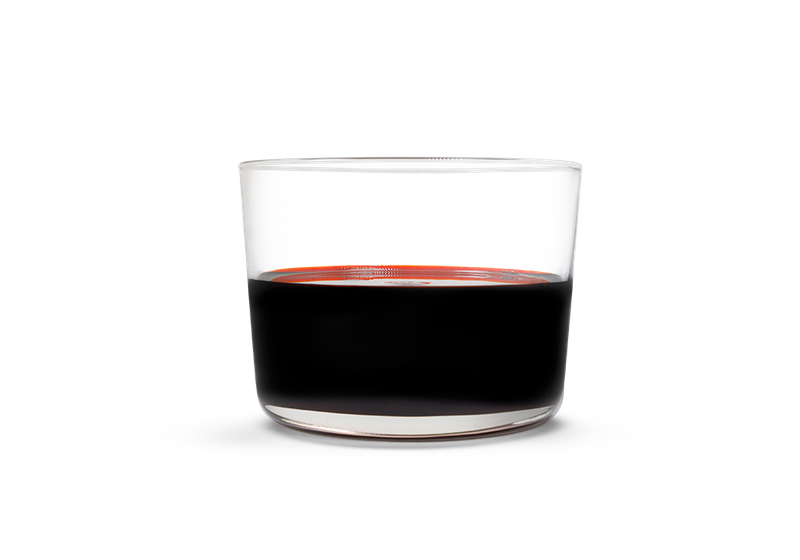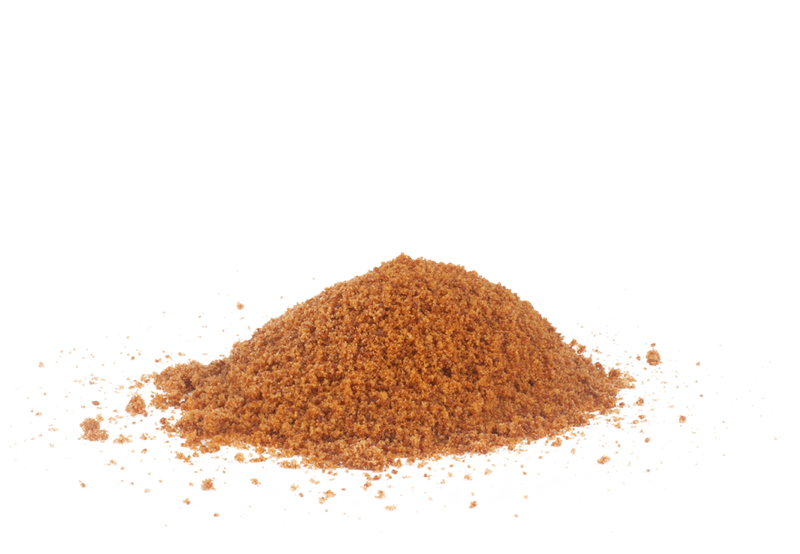Dirk-Jan Oudshoorn, Co-founder & CEO of Forestwise
For those who don’t know Forestwise, can you tell us a little about your company?
Forestwise was founded in 2018 and is a manufacturer and distributor of ingredients for cosmetics and food, sustainably harvested from the rainforest in Indonesia. The company started out of an orangutan conservation project. We were working with an Indonesian foundation that was doing community development work to support local communities that live near the forest, to create livelihoods directly from the forest and keep the forest standing. We still closely collaborate with the communities. This is what we call creating Rainforestvalue. Our portfolio currently consists of illipe butter, kukui nut oil, buah merah oil, arenga rainforest sugar and various coconut products. Most of our products are organic certified, and part of the range is also certified Fair for Life, Halal and Kosher.
Borneo’s forest has lost half of its size in recent years. Deforestation is one of the biggest challenges of the area. How does your company help protect the forests from which the illipe nuts are harvested?
By purchasing raw materials such as illipe nuts and kukui nuts at a fair price, the rainforest gets an economic value that is higher compared to the value created from cutting down the forest and replacing it with monoculture plantations, for example to grow palm oil. We have put forest protection agreements in place with communities, agreeing on their commitment to keep the remaining rainforests standing, as long as we purchase these raw materials from them.
We also support the communities by giving them sustainable farming training at our own training centre, we support them with tree seedlings for reforestation work, and we are creating more rainforestvalue by developing markets from different products that they already have in the rainforest. All of these activities support increasing the rainforestvalue, both on the short term and long term.
Are there any other big challenges you face today?
One of the largest challenges for us is to promote our ingredients to the market, because other than coconut oil, they are not really well known. Therefore we put a lot of effort into explaining the functional, environmental and social benefits of our ingredients over ingredients that they can replace, such as cocoa butter, shea butter or cane / beet sugar. Except for the coconut trees, our products are harvested from wild forests or from agroforestry plantations. Visiting the collection sites, it is difficult to tell where the collection site starts and where it ends. Keeping these forests standing plays a crucial role in conserving biodiversity. Also, because the trees are already growing in the wild, there is no need for the farmers to wait for the trees to get to production age, as the trees in the forest already produce these raw materials. There is mostly no need for investment for the farmers because we use simple techniques such as sun-drying, to prepare the nuts before we purchase them. Many of the crops play an important role in the community culture as well.
The fact that our products are traceable to the source is becoming more and more important, for example because of the new EU Deforestation Regulation (EUDR). Our illipe butter is known as an excellent replacement of cocoa butter, and illipe butter is already traceable and EUDR compliant. Because of the current historically high prices for cocoa butter, we now see an increase in demand from chocolate manufacturers as well as cosmetic companies that use cocoa butter in their products.
Borneo’s forests are home to the Dayak communities who rely heavily on the forests to generate incomes. Forestwise buys the illipe nuts directly from these forest communities. How do you build long-lasting relationships with those local farmers?
We were already working with these communities for five years before starting Forestwise, in various community development projects. We have been paying fair prices for the products and kept our word to keep the prices steady all season. This is unlike what they have experienced before with other buyers, who had been playing around with the prices. We have also strengthened our relationship with the communities because it allowed us to support them on community projects, such as receiving land ownership certificates, church renovations or supporting connection to electricity. Over the years, we have expanded collaboration with more communities in the area, who were interested to join after hearing about good experiences from other communities that we worked with. Nowadays communities contact us if we want to collaborate with them.
In illipe supply chain, women are typically the ones who collect the nuts from the forest floor. What does your company do to involve women in the value chain and economically empower them?
Actually the collection is done by both men and women and they are both involved until the end of the process. But we do try as much as possible to make the raw material purchase contracts with the women of the household, and also make the payment to the women, whenever this is possible. Some of our field staff are women, to support this transition. This year, we have been able to increase the number of women contracts from 25% to 42%.
Dirk-Jan Oudshoorn, Co-founder & CEO of Forestwise









